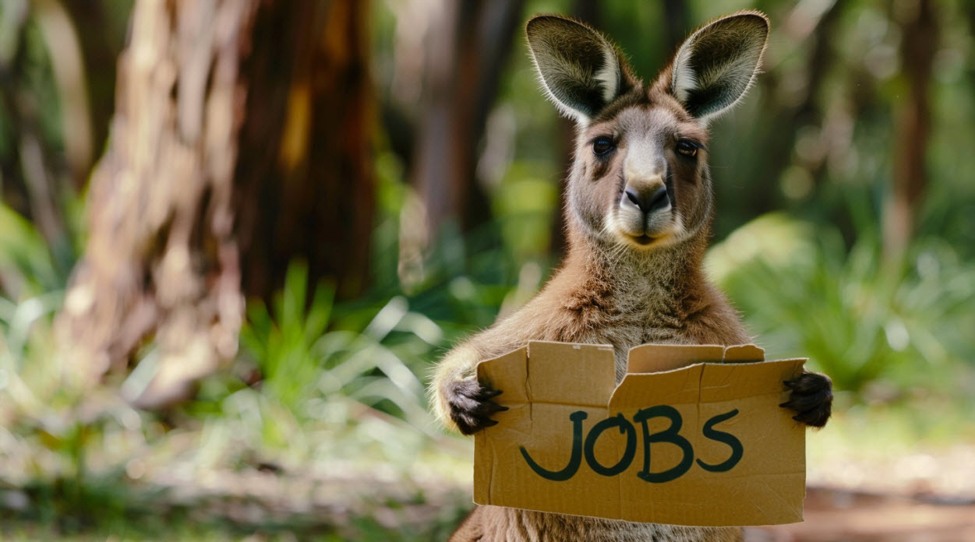
Mars, the snack conglomerate behind M&Ms and Snickers, may have finally satisfied its sweet tooth. The company will acquire Pringles-maker Kellanova in a $36 billion deal—the largest in the food industry in years.
Through the deal, Mars will acquire Kellanova’s many savory snacks like Cheez-It and Club crackers, a complement to Mars’ predominantly chocolate offerings. The merger will allow Mars to expand its reach beyond just confections, solidifying its place in a crowded market, and keeping sales volumes high.
“It’s a way for them to be a massive player within the whole entire snack category instead of just a segment of it,” Braden Douglas, founder and CEO of marketing agency Crew Marketing Partners, told Fortune.
The robustness of Big Snack is under threat from consumers fed up with inflation and the price hikes that accompanied it. Grocery prices have rocketed 25% from 2019 to 2023, and consumers are reacting accordingly, cutting back on spending. Kellanova competitors PepsiCo and Mondelez both raised costs amid steep inflation, and both faced sales slumps as consumers grew fed up with price hikes. The companies have since pledged to lower prices to lure back consumers.
But Kellanova, formerly known as Kellogg Co., has managed to dodge this trend, despite also raising prices. It reported $3.2 billion revenue in its second quarter, exceeding expectations though revenues declined year-over-year. Sales volume growth in North America—driven largely by innovation in its Pringles products—helped offset overall sales volume declines.
Mars is keen to follow its lead.
“We are a big and stronger company,” Mars CEO Poul Weihrauch told Reuters Wednesday. “We hope to be able to absorb more costs in our structure and help alleviate the issues we have in an inflationary environment.”
Craving changes
The snacking industry has undergone other changes based on consumer tastes. Beyond a strong desire for salty, crunchy foods, consumers are leaning into healthier alternatives. Mars has already recognized this. It bought granola bar brand Kind in 2020, following Hershey’s playbook of acquiring SkinnyPop popcorn’s parent Amplify Snack Brands in 2017.
The trend mirrors what Neil Saunders, managing director of retail at GlobalData, calls “permissible indulgence,” or snack foods that feel like treats, but contain enough nutrition to pass as healthy-ish. The desire for snacks matching the permissible indulgence criteria have grown in the age of GLP-1 agonists, as diabetes medications like Ozempic and weight-loss medications like Wegovy suppress the appetite, leaving users searching for more nutrient-dense foods.
“Snacking is very driven by impulse. It’s very driven traditionally, by indulgence,” Saunders told Fortune. “What we’re moving to is a position where indulgence can still be a part of it, but there are other reasons that people buy these products and weight-loss drugs are kind of accelerating that.”
The age of Ozempic is looming
Though the medication’s adoption is in its early days, its potential to rock the industry has been a growing concern for investors. Morgan Stanley predicted consumption for soda, sweets, and snacks to drop 3% over the next decade and expects snack companies to take a cue from changing consumer habits.
Snacking giants like Nestle already have. The conglomerate behind KitKats and Crunch bars released Vital Pursuit in May, a line of smaller-portioned freezer meals mostly under $5 made specifically for Ozempic and Wegovy users. Kellanova CEO Steve Cahillane said last year it is bracing for consumer changes because of weight-loss drugs, though he didn’t say the medications were impacting sales.
“We’re by no means complacent,” Cahillane told Bloomberg. “Like everything that potentially impacts our business, we’ll look at it, study it and, if necessary, mitigate.”
Mars’ interest in savory and healthier snacks beyond its current chocolate-heavy portfolio could protect it should GLP-1 agonists’ usage become widespread, Saunders argued.
“I don’t think this is a rationale for the [Mars-Kellanova] deal as a whole, but it does provide that more defensible angle, in terms of influence of these weight-loss drugs,” he said.
It’s too soon to say if Ozempic will make as big a splash as investors may think. Saunders believes snack giant CEOs have only addressed it because investors have asked: “They talk about it because it’s talked about; it’s an area of consciousness in the market. Investors are thinking about it, and they have to address the elephant in the room.”
There are plenty of reasons for the weight-loss drug craze to fizzle out, without making a mark on the snack industry any further. The drugs are expensive, Douglas said, making them inaccessible to many. There are also too many unknowns about the medications, including long-term side effects. Because of the massive investment it takes to design and roll out new products, it doesn’t make sense for snack conglomerates to chase consumer trends unless they become obvious and unavoidable.
“The food industry has always been a bit behind,” Douglas said. “They’re more reactionary than they are innovators. They react to consumer changes, but they’re usually pretty slow.”















